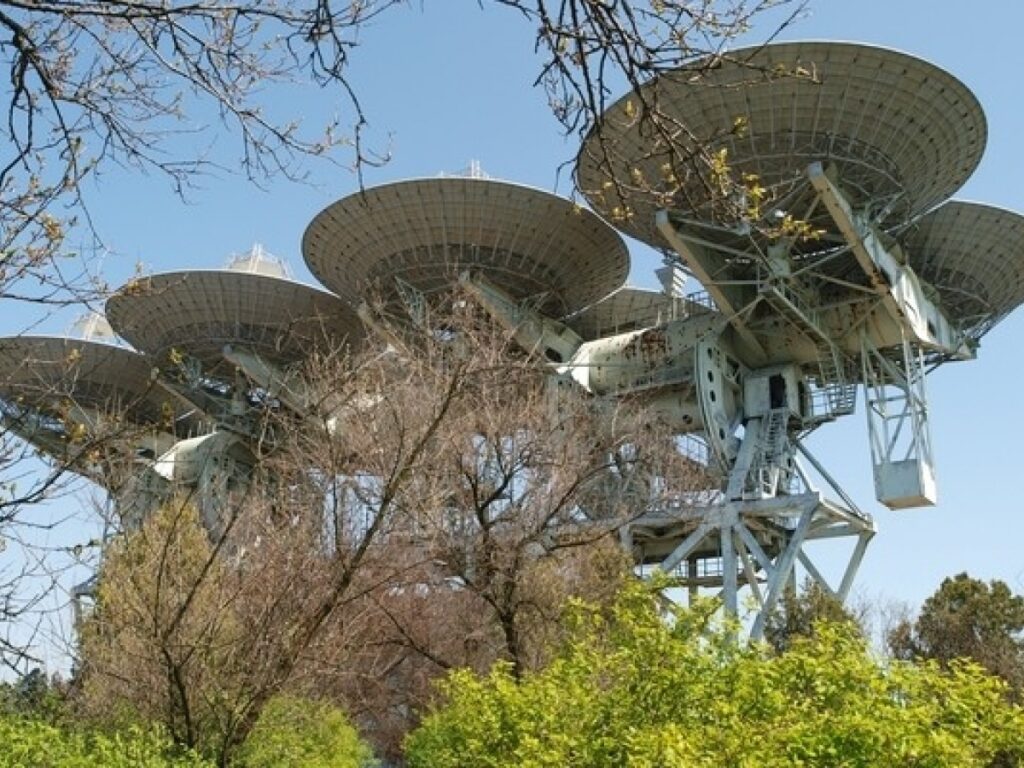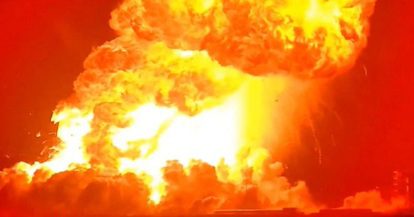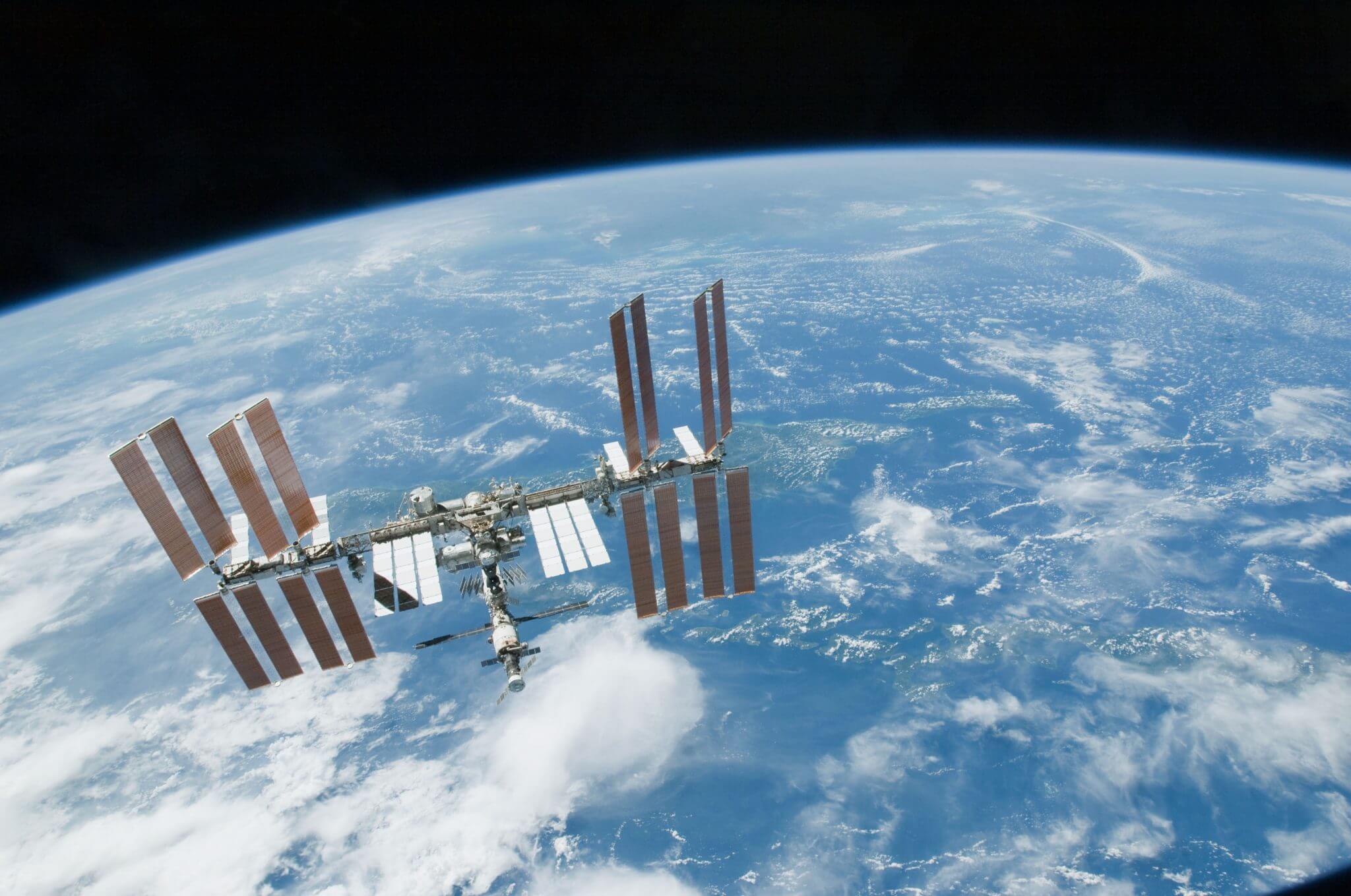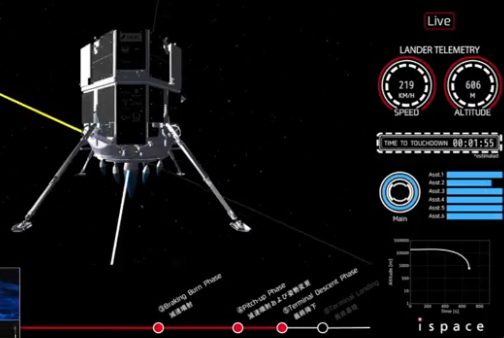While the Soviet Union became famous during the 1960s and 1970s for running space event tracking ships, it also had ground based deep space communications facilities. One of these, along with its dish array, is located in Vitino, in the Saky district of Russian-occupied Crimea. This has been claimed to be destroyed, or seriously damaged, by a cruise missile strike launched by the Ukrainian air force. The Storm Shadow missiles reportedly used are a Franco-British design and the MBDA-built missiles were supplied by the UK. These effective strike missiles were originally designed to be launched from western jets such as the Mirage 2000, Rafale, Tornado and Typhoon, but Ukrainian-operated Su-27 aircraft have since been modified to carry them.
Since Russia’s occupation of Crimea in 2014, its military have upgraded this satellite TV signal relay station to link navigation/military satellites, Navy and Air Force to better guide the cruise missiles and drones that sporadically bombard Ukraine, according to Ukrainian state television. Hence, it was justified as a legitimate target. The effect of this strike on the Russian military space system is not yet known.
With respect to the war itself, which has lasted nearly two years, a kind of stalemate has set in with only minor advances by either side on different sections of the front. This year’s Ukrainian counteroffensive was only partially successful in penetrating two out of three lines of the minefield and anti-tank defences located in central Ukraine which had been designed by Russian General Sergei Surovikin.
While they failed to advance to the Black Sea, Ukrainian forces have managed to cross the Dnipro River in the Kherson region to establish a small beachhead with a view to advancing onto Crimea. This advance is hindered by the fact that most of the bridges have been destroyed, limiting supplies to the front.

Deep Space Communications Centre in Crimea claimed to be destroyed. Courtesy: unn.ua
Ukraine has warned that it requires more supplies of munitions to carry on with the war. New military supplies have been variously held up by Republican Senators in the US and, in Europe, by the Hungarian leader Victor Orban.
Russia has made some limited advances in the east including the recent capture of the town of Marinka. There has been a long-running battle around the town of Aardvika, costing Russia many soldiers. Russia has managed to replenish its artillery shell stocks from North Korea in exchange for Russian space programme technical support. Russian state media has maintained a news clampdown on casualties, but with so many families affected, the word about how bloody President Putin’s “Special Military Operation” has become is slowly getting out. Even with this pressure, Russia probably has the short-term advantage given Ukraine’s supply difficulties.
Longer term, in addition to the loss (dead and wounded) of hundreds of thousands of troops, Russia has lost more than 4,000 tanks (confirmed by independent sources). While tanks have been unexpectedly vulnerable to drone, missile and artillery attack, they are still needed to take ground from the enemy. The question is whether the Russian army has enough armour to make significant further advances. In this respect, Ukraine is benefiting from supplies of advanced western-built tanks, mainly the German Leopard 2, although it needs more.
While military progress by Ukraine would be welcomed by its western supporters, some are concerned about the hazard of too much success. Specifically, it has been suggested that Putin might use a limited nuclear strike in Ukraine if it looked as if Crimea was about to fall back into Ukrainian hands. In that instance, NATO would probably be forced to enter the war.
While this will hopefully be avoided, the current war is having some major effects on the Russian space programme. While military space is well funded, as are some eye-catching elements of the human space programme – including a commitment to putting Russian cosmonauts onto the Moon – Russia’s space science programme is being cut. Mikhail Sachkov, head of the Institute of Astronomy at the Russian Academy, has reported that lack of funding has caused postponement of the launch of the Spektr-UV (aka WSO-UV) space observatory from 2025 to 2030.






